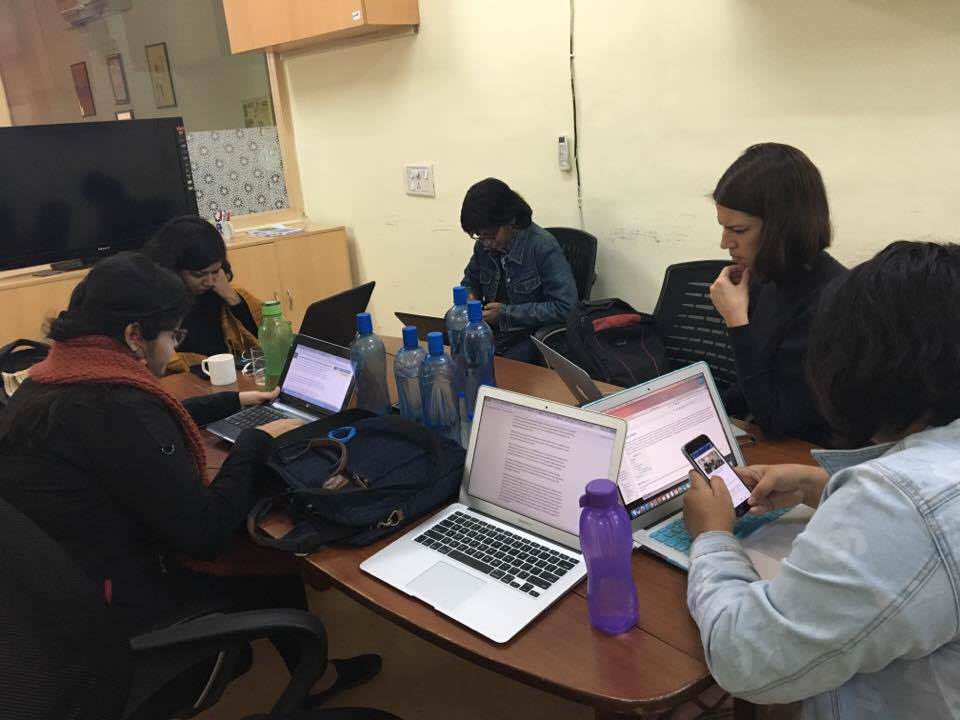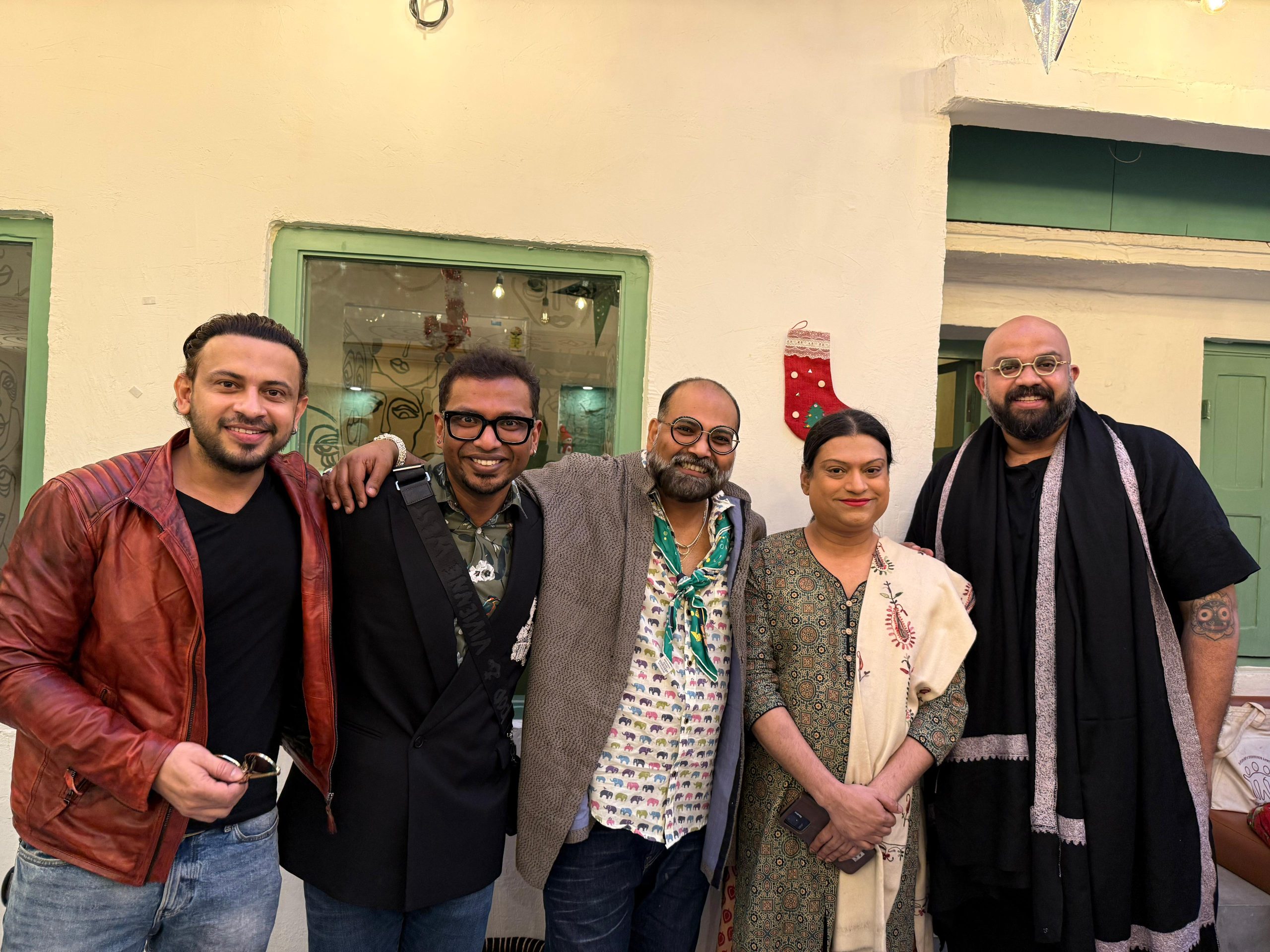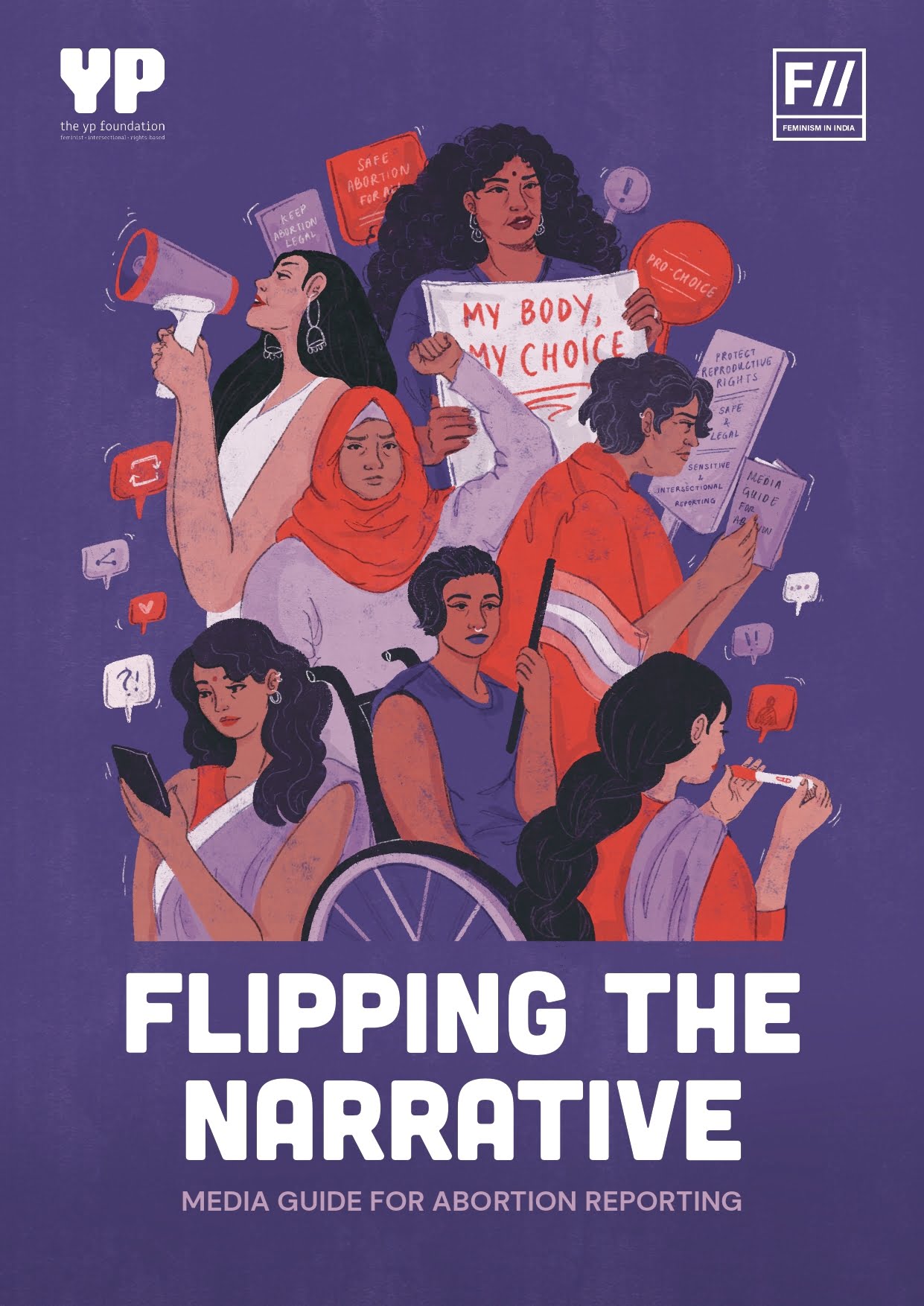We are all aware of the large reach and popularity of Wikipedia. However, what most people don’t know is that, according to a study conducted in 2011, only 9% of the editors at Wikipedia were women. And the percentage for India is even lower, just 3%.
Wikipedia recognises the systemic gender bias that is created because of factors such as these and thus enables its diverse range of users to edit and create Wiki pages, with reliable and authentic sources.
Feminism in India and Breakthrough India have joined hands for a series of monthly Wikipedia edit-a-thons exploring various facets of gender in India, thus increasing content on women and marginalized communities on Wikipedia as well as training women to create and edit Wikipedia pages and hence increasing the number of women editors.
In October, we held our first Wikipedia Editathon on Indian Women Poets and Authors. And then, in November which is the Pride month in Delhi, we decided to focus on the LGBTQIA+ community, more specifically on LBT women in collaboration with Nazariya, an NGO that works with LBT women, to help us with the research. The topic was Indian Queer Feminists.
This month, on the World Human Rights Day which falls on December 10, we got together with Breakthrough India at their Delhi office to co-host a Wikipedia Edit-a-thon on Human Rights Activists in India. The edit-a-thon was aimed at creating/editing Wikipedia pages of human rights activists in India (both individuals and organisations) who lack representation on the platform currently.
Spend #HumanRightsDay with us and @INBreakthrough at a #Wikipedia editathon! #Delhi tweeples, do join us! RT to spread the word! pic.twitter.com/KygtyB7E1H
— Feminism in India (@FeminismInIndia) December 10, 2016
On #HumanRightsDay, we're at @INBreakthrough office, for a #Wiki #Editathon on #HumanRightsActivists in India. Are you coming?
— Feminism in India (@FeminismInIndia) December 10, 2016
Accordingly, we created a list of some organisations and individuals working on human rights in India and looked at their representation on Wikipedia. A lot of the names of the list did not have any Wiki pages, while the ones which had were underrepresented.
At our #Delhi office editing #wiki pages of #HumanRights Activists. Wondering what these events are all about? Read- https://t.co/iWXY9fo5eK
— Breakthrough Trust (@INBreakthrough) December 10, 2016
We were a group of 5 participants in total, out of which 1 participated remotely. From discussions about which sources Wikipedia deems acceptable to what are the images that can be used without any special license, we tried to represent the respective organisations and individuals as best as possible. Below is the list of participants and the pages they created/edited.
- Adishi: National Campaign on Dalit Human Rights
- Amanda: JagLAG
- Aruna: Zakia Soman
- Ishita: Vrinda Grover
- Ishita: Anita Ghai – page deleted.
- Vartika: Karuna Nundy
About the author(s)
I work (read, 'write') to stay afloat.





“Wikipedia recognises the systemic gender bias that is created because of factors such as these and thus enables its diverse range of users to edit and create Wiki pages, with reliable and authentic sources”
The word “these” in the above quoted sentence is confusing. Did you forgot to mention the “factors” or does this “these” represent the link attached to “systemic gender bias” ?
I would like to know how was the experience of this group regarding edit-a-thon. there is so much on the human rights front. why is it that there are only so few pages developed. I am a researcher who is keen on understanding the dynamics and dialectic between gender and internet content development.